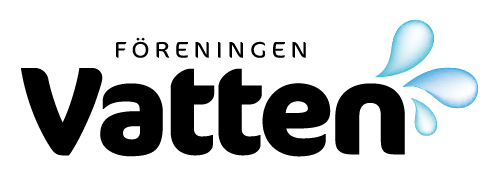Avloppets växtnäring till jordbruket i ett livscykelperspektiv / Plant nutrients in sewage to agriculture in a life cycle perspective
Recycling of the plant nutrients in sewage to productive land is a long-term goal set up by the Swedish society. In particular, recycling of phosphorus is considered important. To highlight recycling system from an agricultural perspective, a doctoral project was initiated with the objective to analyse environmental and resource aspects for
systems recycling wastewater nutrients to agriculture and to discuss how recycling systems could be designed to fulfil specified environmental requirements. Three scenario studies were performed and are briefly described in this paper. When the recycling systems were analysed from an agricultural perspective, factors influencing the fertilising value were emphasised, as well as hindrance to optimal use. The studies revealed that the potential to replace mineral fertilisers is an important aspect, and this depends on factors such as available spreading equipment, the actual need for plant nutrients and plant availability of the nutrients. The amount of replaced mineral
fertiliser is therefore a better indicator than how much that is recycled. Suitable methods for weighting the use of different non-renewable resources need to be developed, in particular for systems recycling phosphorus at the expense of an increased energy use. How depletion of sulphur should be considered also needs to be analysed.
